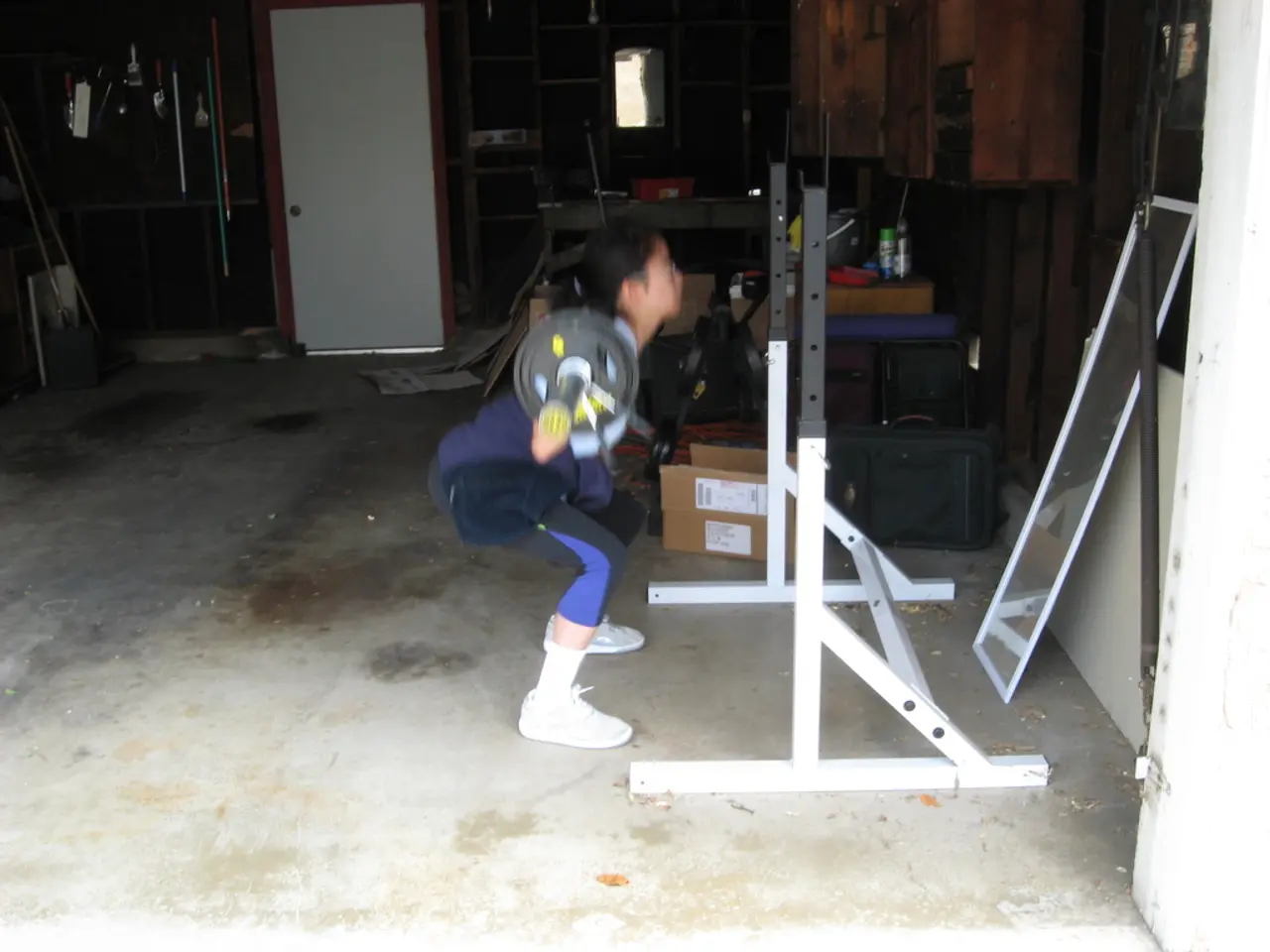Government Employees Granted Month-Long Absence to Tend to Aging Parents, According to Central Authority
Central government employees in India have the option to take leave to care for their elderly parents, as per the existing service rules. The Central Civil Services (Leave) Rules, 1972, provide several types of leave that can be availed for personal reasons, including caring for elderly parents.
According to the rules, the annual leave entitlements for Central government employees are as follows:
| Leave Type | Days Allowed Annually | Purpose | |--------------------|-----------------------|---------------------------------------| | Earned Leave | 30 | Personal reasons, including eldercare | | Half Pay Leave | 20 | Personal reasons, including eldercare | | Casual Leave | 8 | Any urgent/emergency need | | Restricted Holiday | 2 | Personal convenience/holiday |
Employees are allowed up to 30 days of earned leave per year, which can be used for any personal reason, including caring for elderly parents. This does not necessarily mean a special "eldercare leave" category; rather, the existing leave entitlements can be used for this purpose.
In addition to earned leave, Central government employees are entitled to 20 days of half pay leave and 8 days of casual leave per annum. These leave types can potentially be combined, allowing a maximum of up to 60 days per year for personal responsibilities, including eldercare. However, actual usage depends on the employee's accrued leave balance and departmental approval.
It is important to note that these provisions apply to most Central government civilian employees, but not to railway employees, casual or part-time workers, and members of the All India Services, who are covered under separate rules.
Earned leave accrues at 2.5 days per month of service completed. Certain types of leave can be clubbed with holidays or other leave as per departmental rules and exigencies.
Union Minister Jitendra Singh recently stated in Rajya Sabha that Central government employees are allowed 30 days' leave. The leave can be taken for any personal reason, including caring for elderly parents, according to the service rules.
In summary, while there is no specific "eldercare leave" as such, Central government employees are permitted to use their standard leave entitlements—up to 30 days of earned leave annually—for caring for elderly parents under the Central Civil Services (Leave) Rules, 1972. For more extensive needs, other leave types can also be utilized, subject to rules and available balance.
Science suggests that a healthy lifestyle, including regular exercise and balanced diet, can contribute to a slower pace of aging, thus prolonging one's ability to care for their elderly parents. Family dynamics often evolve as children become caretakers, influencing relationships with their elderly parents, spouses, and other family members. Health-and-wellness initiatives, such as stress-management programs and support groups, can provide valuable resources to help families navigate these changes.




